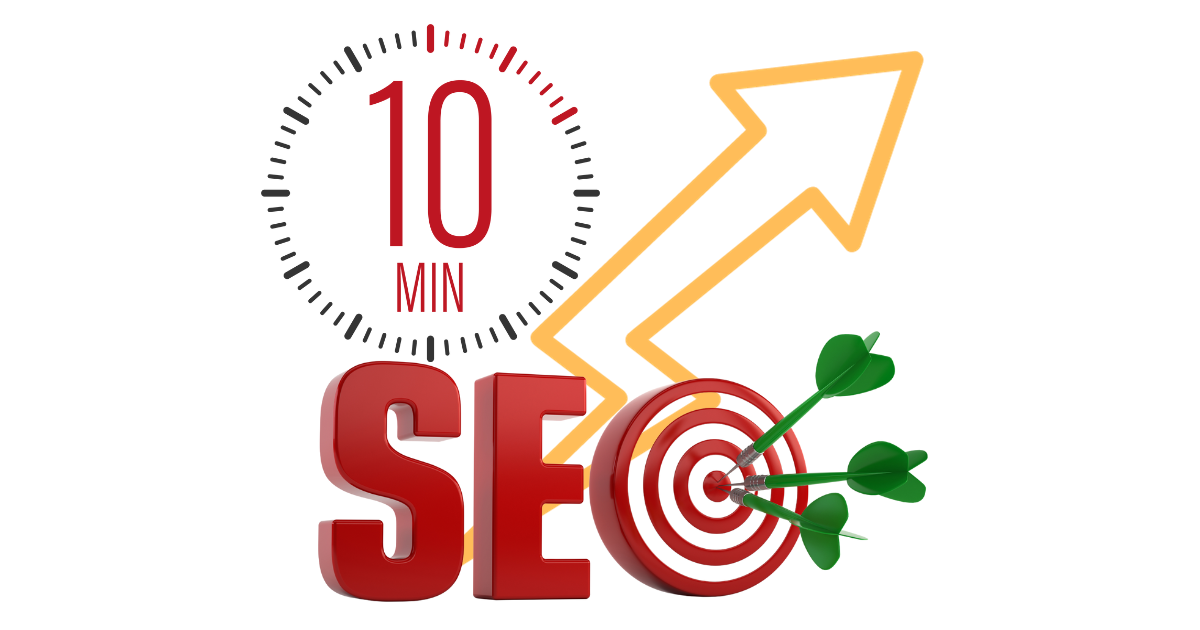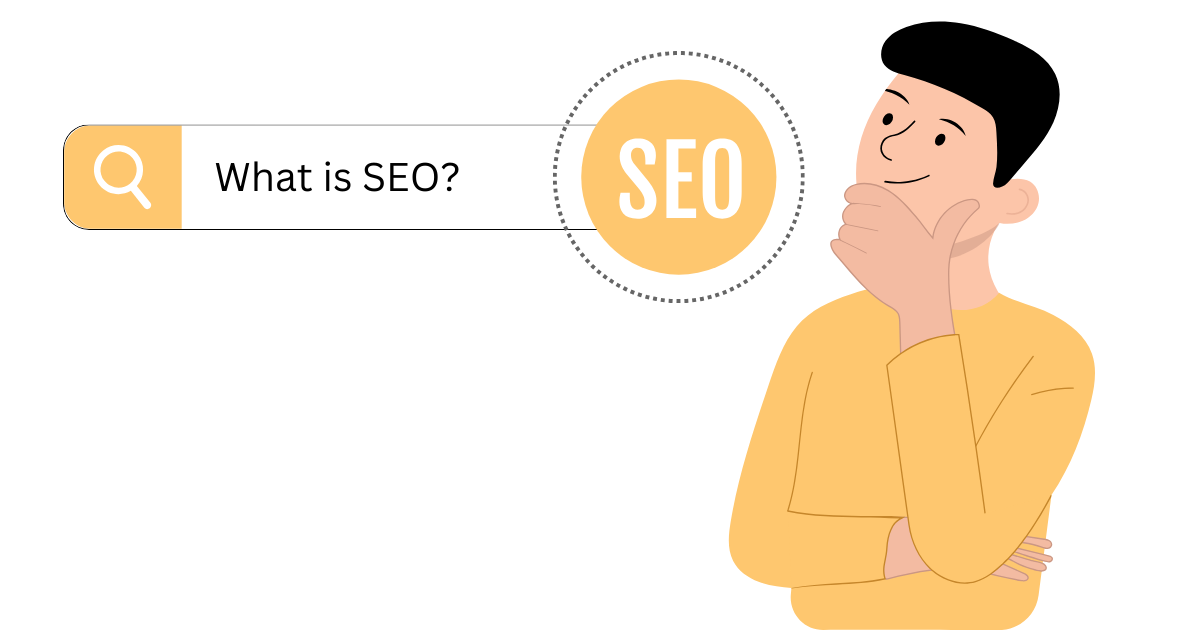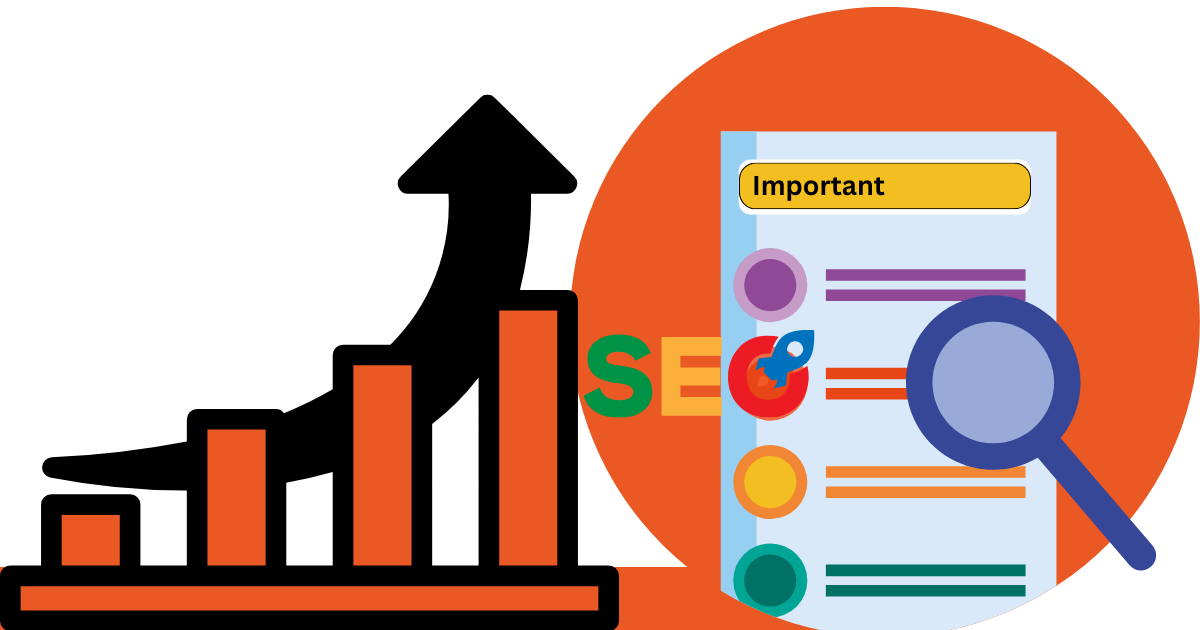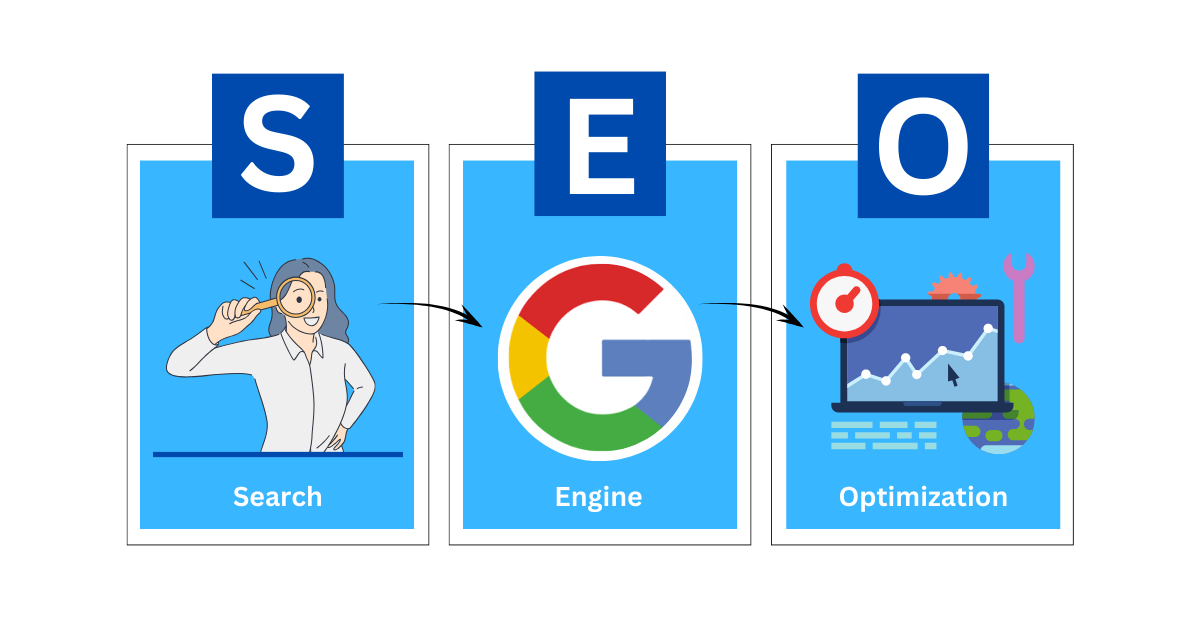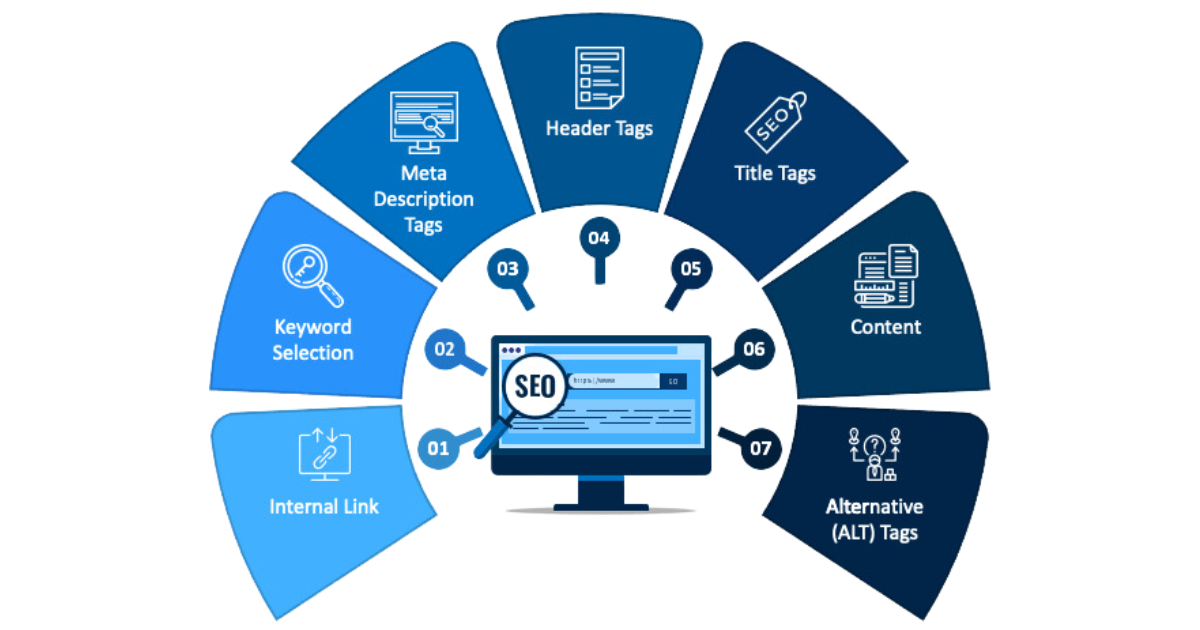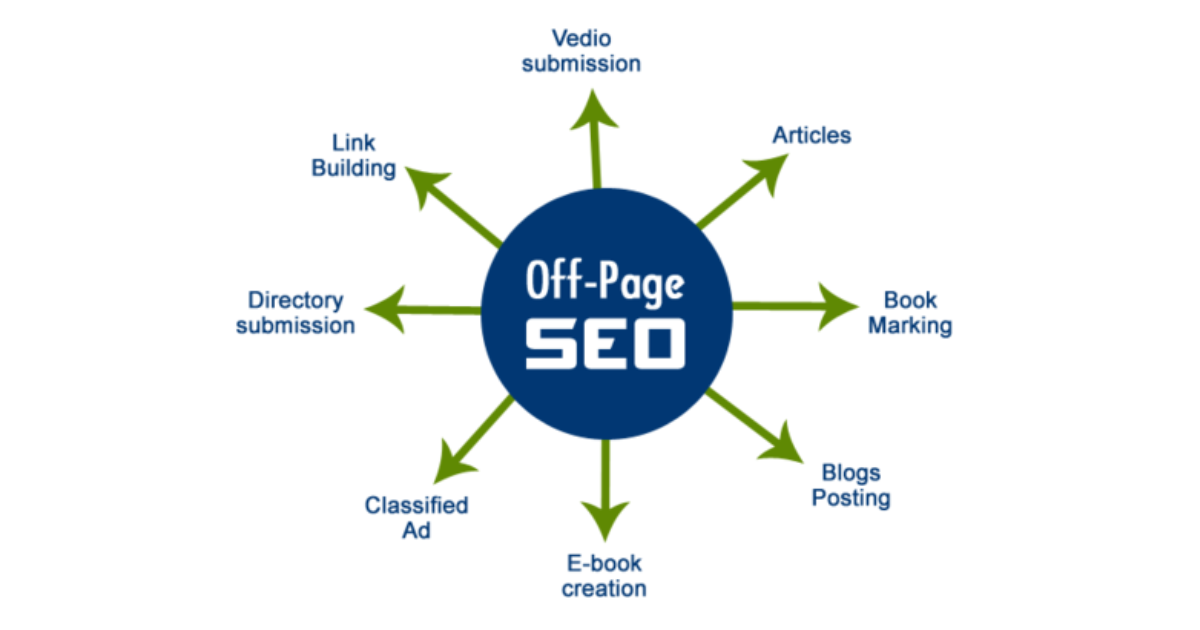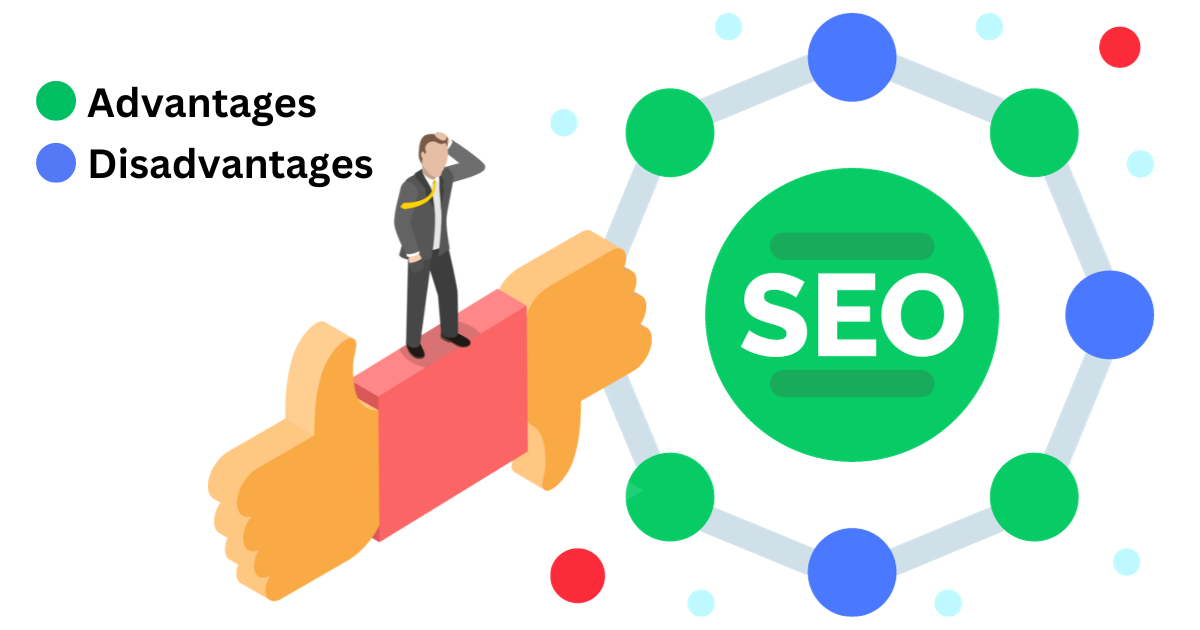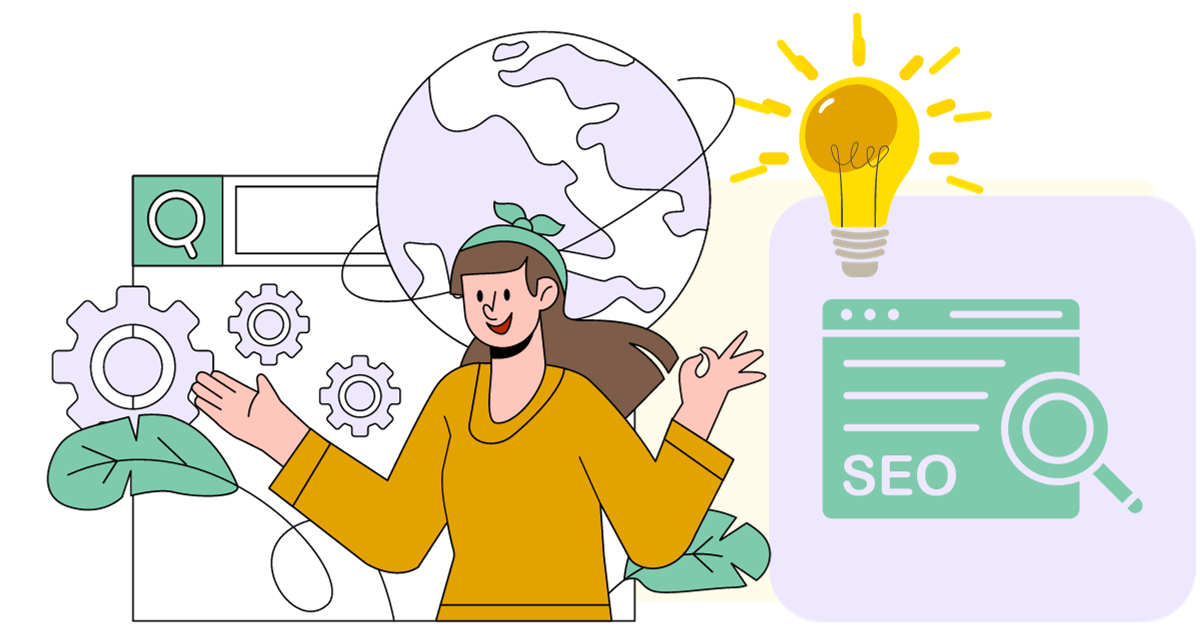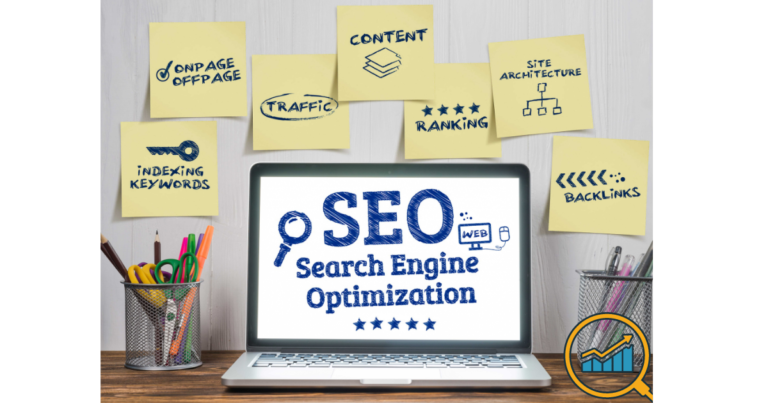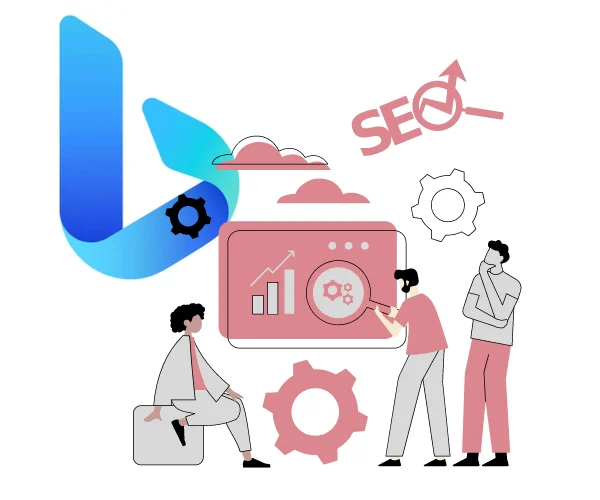Let’s say you are attempting to sell a home. You list your house on several real estate websites because you want to make sure that as many people as possible view it. You do, however, want to make sure that your home stands out from the competition, given the abundance of other homes on the market. You accomplish this by taking crisp pictures, crafting an in-depth description,
and setting a competitive price for your home. Selling a house is comparable to SEO. You must optimize your website for search engines if you want to ensure that it appears as high up in search engine results pages as possible. Using pertinent keywords in your website’s content, producing excellent content, and establishing backlinks from other excellent websites are some ways to do this. The various forms of SEO and how to optimize your website for search engines will be covered in the next part.
What is SEO?
The technique of increasing a website or web page’s visibility and ranking in search engine results pages (SERPs) is known as search engine optimization or SEO. Search engines like Google, Bing, and Yahoo utilize algorithms to rank webpages and display them in the SERPs when a user searches for a keyword or phrase. The likelihood that consumers will click on and visit a website increases with its ranking on the search engine results page (SERP). Due to its ability to increase website traffic, lead generation, and revenue, SEO is crucial for organizations.
Businesses may make sure that their websites appear prominently in the SERPs when users search for such keywords by optimizing them for those keywords. On-page SEO and off-page SEO are the two primary categories of SEO. The process of making a website’s content, architecture, and design more search engine-friendly is known as “on-page SEO.” The technique of constructing backlinks to a website from other excellent websites is known as off-page SEO. Although SEO is a complicated and dynamic topic, businesses may increase the number of visitors to their websites and rank higher in search engine results by implementing the correct tactics.
Why is SEO important?
SEO is important because it can help businesses,
- Increase website traffic: A website is more visible to people and more likely to be clicked on when it ranks higher in the SERPs. Website traffic may rise significantly as a result of this.
- Generate more leads and sales: More potential clients equates to increased website traffic. Businesses that provide great information and goods or services can turn website traffic into leads and sales.
- Build brand awareness: A website conveys to consumers that it is a reliable and authoritative source of information when it performs well in the search engine results pages for pertinent keywords. Businesses can benefit from this by increasing their reputation and brand recognition.
- Improve user experience: Businesses can also benefit from SEO by enhancing the user experience on their websites. Businesses may help customers locate the information they need more easily by, for instance, making their websites mobile-friendly and speeding up page loads.
- Compete with larger businesses: By optimizing their websites for relevant keywords, small businesses may compete with larger ones thanks to SEO’s equal playing field.
- Target specific audiences: Additionally, you may use SEO to target particular audiences. For instance, firms can target local customers by utilizing local SEO tactics.
- Measure results: Because SEO is a quantifiable marketing channel, companies can monitor their progress and observe the effects of their SEO efforts on website traffic, leads, and sales.
All things considered, SEO is a crucial marketing tactic for companies of all kinds. Businesses can increase the exposure of their websites, increase leads and sales, and develop brand awareness by investing in SEO.
How does SEO work?
In order to rank better in the SERPs for relevant keywords, a website must be optimized for search engines. This is how SEO works. To rank websites, search engines take into account a number of characteristics, such as:
Keyword relevance: Websites that are pertinent to the terms that visitors are searching for are what search engines aim to show. The use of pertinent keywords is therefore crucial across your entire website, including in title tags, meta descriptions, content, and image alt text.
Content quality: Additionally, websites with excellent content are what search engines seek to show. This refers to well-written, interesting, and educational information.
Link building: Search engines interpret backlinks from other reputable websites as an indication of the authority and reliability of your website. As a result, developing backlinks from relevant websites to your website is crucial.
Technical SEO: Technical SEO is the process of making a website’s code and infrastructure more search engine-friendly. This covers elements like mobile friendliness, structured data, and page speed.
By optimizing your website for these factors, you can improve your website’s ranking in the SERPs and attract more visitors.
Here is a simple analogy to help you understand how SEO works:
Consider your website like a boat and the SERPs like a river. The river’s currents and search engines are similar. The higher your boat floats, the stronger the currents. By producing high-quality content, gaining backlinks from other high-quality websites, and optimizing your website for important keywords, you can intensify the currents surrounding your boat. Your website will rank higher on the search engine results page and draw more traffic if the currents are stronger. Although SEO is a complicated and dynamic field, you may raise your website’s search engine rating and draw in more traffic by using the appropriate techniques.
On-Page SEO
The process of improving a website’s controllable components, like its content, structure, and code, to raise its position in search engine results pages (SERPs) is known as on-page SEO.
Keyword research
Finding the terms that members of your target audience are searching for through keyword research is the first step in on-page SEO. You may optimize the content and structure of your website around your target keywords once you’ve determined which ones to use.
The text excerpts that show up in the SERPs are called title tags and meta descriptions. Making sure that your meta descriptions and title tags are correct and educational, in addition to optimizing them for your goal keywords, is crucial.
Content optimization
The content on your website should be useful, of the highest caliber, and pertinent to your intended audience. It ought to be optimized for the keywords that you want to target. This entails naturally and non-spammyly utilizing your target keywords throughout your article.
Image optimization
Make use of pertinent file names and alt text when optimizing your photographs. This will make it easier for search engines to comprehend the content of your photographs and index them appropriately.
Internal linking
The links on your website that go between pages are known as internal links. Establishing a robust internal linking structure is crucial for facilitating search engines’ easier crawling and indexing of your content.
Both consumers and search engines should find it straightforward to navigate and use the structure of your website. Make sure users can quickly locate the information they need on your website by keeping it well organized.
By optimizing your website for these on-page SEO factors, you can improve its ranking in the SERPs and attract more visitors.
Off-Page SEO
The technique of improving a website’s external elements—like social media signals and backlinks—to raise its position in search engine results pages (SERPs) is known as off-page SEO. The most significant off-page SEO component is backlinks. A backlink is a hyperlink pointing to your website from another website. Search engines can tell that your website is reliable and authoritative by looking at its backlink profile. Your website will rank higher on the search engine results page (SERP) the more high-quality backlinks it has. Social signals have a role in off-page SEO as well. Likes, shares, and comments on your website on social media are examples of social signals. Social signals inform search engines about the popularity and engagement of your website.
Brand mentions
Mentions of your website or brand name on other websites and social media platforms are known as brand mentions. Brand authority and awareness are raised via brand mentions.
Guest blogging
Writing content for other websites in your business is known as guest blogging. Reaching a new audience and constructing backlinks are two excellent uses of guest blogging.
Forum Participation
Engaging in forums and virtual communities within your sector is an excellent way to develop backlinks and position yourself as a subject matter expert.
By optimizing your website for off-page SEO factors, you can improve its ranking in the SERPs and attract more visitors.
Advantages and Disadvantages of SEO
Advantages of SEO
- Enhanced Visibility and Traffic: By making your website more search engine friendly, you may use SEO techniques to make it more visible to prospective buyers. This increased visibility could lead to a rise in organic (non-paid) visitors to your website.
- Cost-Effective: SEO is often more cost-effective when compared to sponsored advertising. After your site has been optimized, the major expenses are ongoing maintenance and upgrades.
- Credibility and Trust: According to user perception, websites that appear prominently in search results are more trustworthy and legitimate. Your brand’s perception can be enhanced by having a strong internet presence.
- Targeted Traffic: SEO allows you to raise the probability that site visitors will be interested in your offerings by concentrating on specific demographics and keywords.
- Long-Term Gains: Long-term gains can be obtained via an efficient SEO approach. The principles of search engine optimization (SEO) are timeless.
- Competitive Advantage: You can progress in your field by gaining a sizable advantage over your competitors in search results.
Disadvantages of SEO
- Time-consuming: SEO is a sustained approach. It may take several months to see significant benefits, and ongoing efforts are required to keep and advance positions.
- Algorithm Updates: Search engines regularly upgrade their algorithms. What works well today might not work well tomorrow, and your rankings could suffer from an algorithmic change.
- Complexity: On-page optimization, link building, and technical SEO are only a handful of the numerous SEO tactics. Understanding and applying these strategies can be challenging, and mistakes can have costly repercussions.
- Competition: Getting to the top search results is fiercely competitive across a number of businesses. It can be challenging to compete with larger businesses and websites that have more experience.
- Black Hat SEO Risks: When certain website owners employ unethical or “black hat” SEO tactics, search engine penalties may result. Using white-hat SEO strategies is essential.
- No Promises: Using SEO does not guarantee any certain results. It’s possible that SEO won’t produce the desired outcomes even with a large time and resource commitment.
SEO Tips for Beginners
Here are some SEO tips for beginners
- Concentrate on producing top-notch material. The most crucial thing you can do for your SEO is this: Your writing should be interesting, educational, and pertinent to the people who will be reading it.
- Make your website as keyword-friendly as possible. This entails incorporating your goal keywords naturally and without coming across as spammy throughout the content of your website.
- Obtain backlinks from reputable websites. The most significant off-page SEO component is backlinks. Your website will rank higher on the search engine results page (SERP) the more high-quality backlinks it has.
- Try your SEO efforts consistently and with patience. The benefits of SEO take time to manifest. You shouldn’t count on dominating the SERPs right away.
- To choose the best terms for your website, use a range of keyword research tools.
- Ensure that the meta descriptions and title tags you use are precise and educational.
- Compose information that addresses the concerns and is pertinent to your intended readership.
- Make use of pertinent file names and alt text when optimizing your photographs.
- Include links in your text to other pertinent pages on your website.
- Promote your material on social media, write infographics, and guest blog to get backlinks from reputable websites.
- Try your SEO efforts consistently and with patience. Results take time to manifest.
Although SEO is a complicated subject, these pointers will provide you with a solid starting point. You may increase the number of people who visit your website and raise its SERP ranking by implementing these suggestions.
Conclusion
The practice of making a website more search engine-friendly to increase its position in the SERPs is known as SEO. You may increase traffic to your website and expand your clientele by optimizing it for both on-page and off-page SEO elements.
[FAQ]
How can I perform keyword research for SEO?
Keyword research is crucial for SEO. You can use tools like Google Keyword Planner or Ahrefs to find relevant keywords for your content. Look for keywords with high search volume and low competition to target.
How can I track my website’s SEO performance?
You can track SEO performance using tools like Google Analytics and Google Search Console. These tools provide insights into your website’s traffic, keyword rankings, click-through rates, and more.
Can I do SEO for my website without hiring an expert?
Yes, you can learn and implement basic SEO practices for your website. However, for more advanced strategies and ongoing optimization, hiring an SEO expert or agency may be beneficial to achieve better results.

